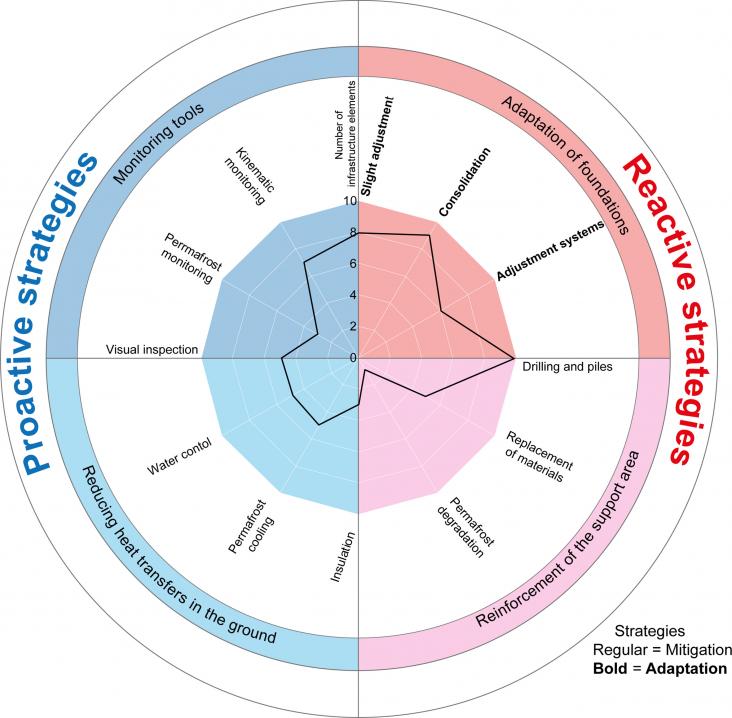An Editorial on the importance of mitigating climate change, in the context of SDGs 3 and 16, calling for urgent governmental action to achieve climate justice.
A Personal View in support of SDGs 1, 2, and 13, describing how use of quantitative data can support targeted interventions for nutrition resiliency and suggesting actions that can help to prevent acute malnutrition in the context of worsening climate and conflict conditions.
This review compared the effects between bioplastics compared to conventional plastics. It found that bioplastics caused less harm and will help policymakers to determine whether bioplastics is beneficial to the environment.
BACKGROUND: Many regions of the world are now facing more frequent and unprecedentedly large wildfires.
The role of combustion science and technology in low and zero impact energy transformation processes
Applications in Energy and Combustion Science, Volume 7, September 2021
This opinion article is the result of intensive discussions between a group of more than fifty internationally renowned researchers who are scientifically engaged in thermofluids and energy process engineering. With this article we express our plea: Let us consider all options and explore new ideas that will move us towards a climate-neutral energy system!

Inventory of infrastructure potentially built on permafrost in the French Alps. Evaluation and ranking of the most at-risk infrastructures built on permafrost. Adaption and mitigation strategies already used to prevent or to cope with the destabilization.

Climate change is impacting the life, health, and security of people worldwide with poor communities and displaced populations at particular risk due to lack of awareness and mitigation plans.
This paper presents an initial qualitative exploration of United States physicians’ perspectives with regard to whether, why and how physicians might discuss the health effects of global environmental change, climate change in particular, with their patients and what would need to change in healthcare systems to facilitate this.

Artificial intelligence (AI) is a rapidly developing field contributing to the English National Health Service (NHS) goals of more efficient care and reduced climate impact.

